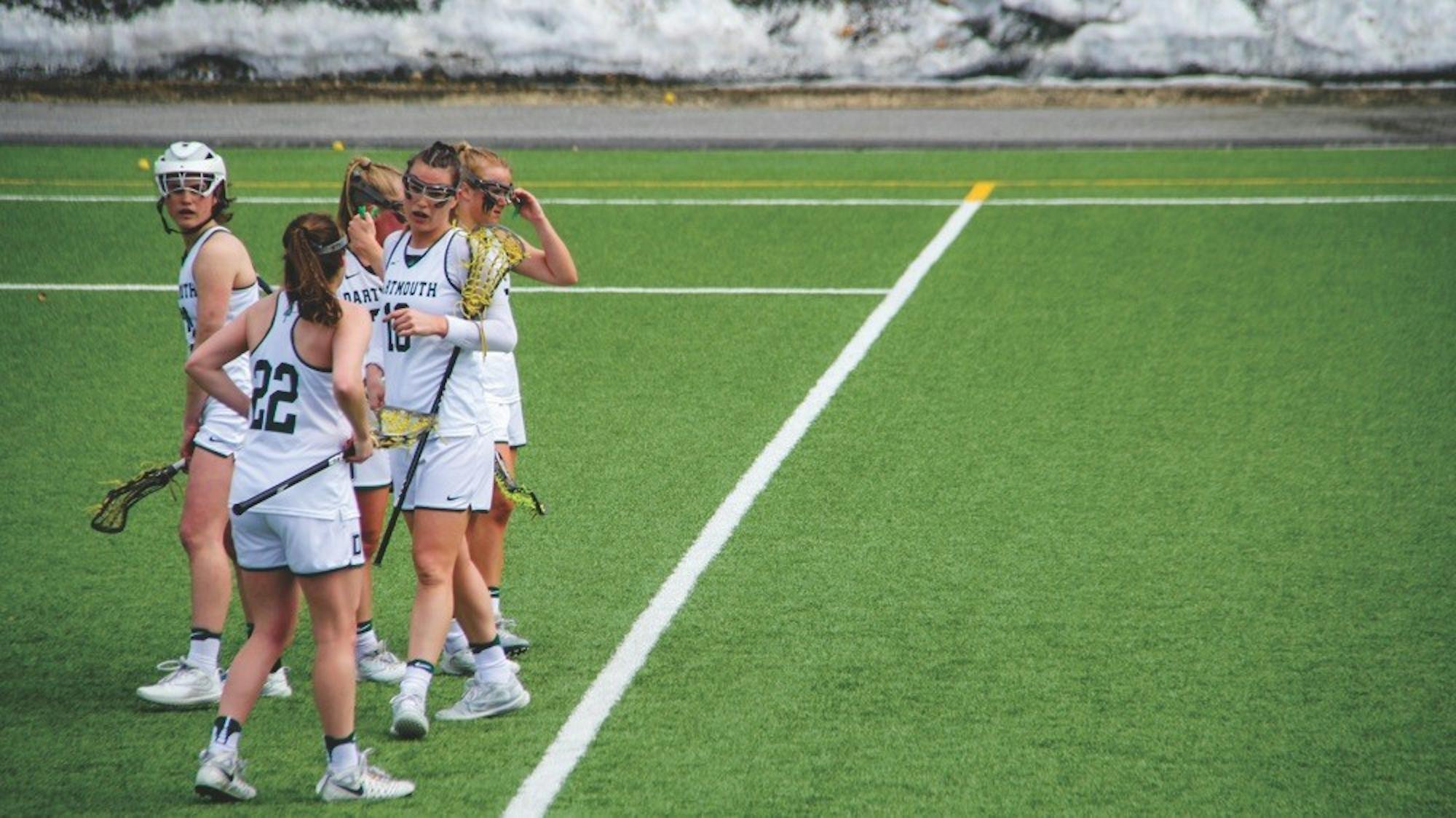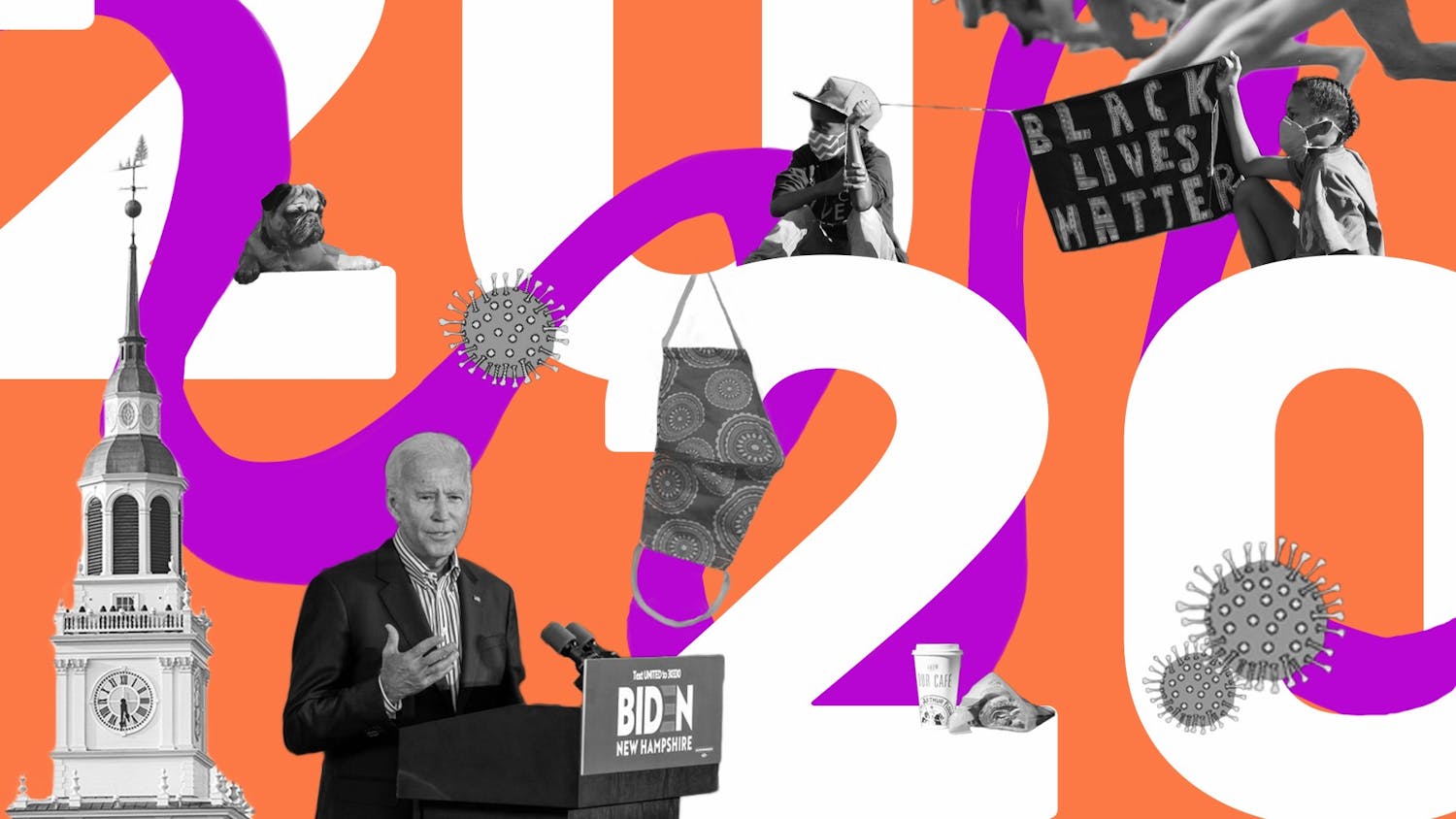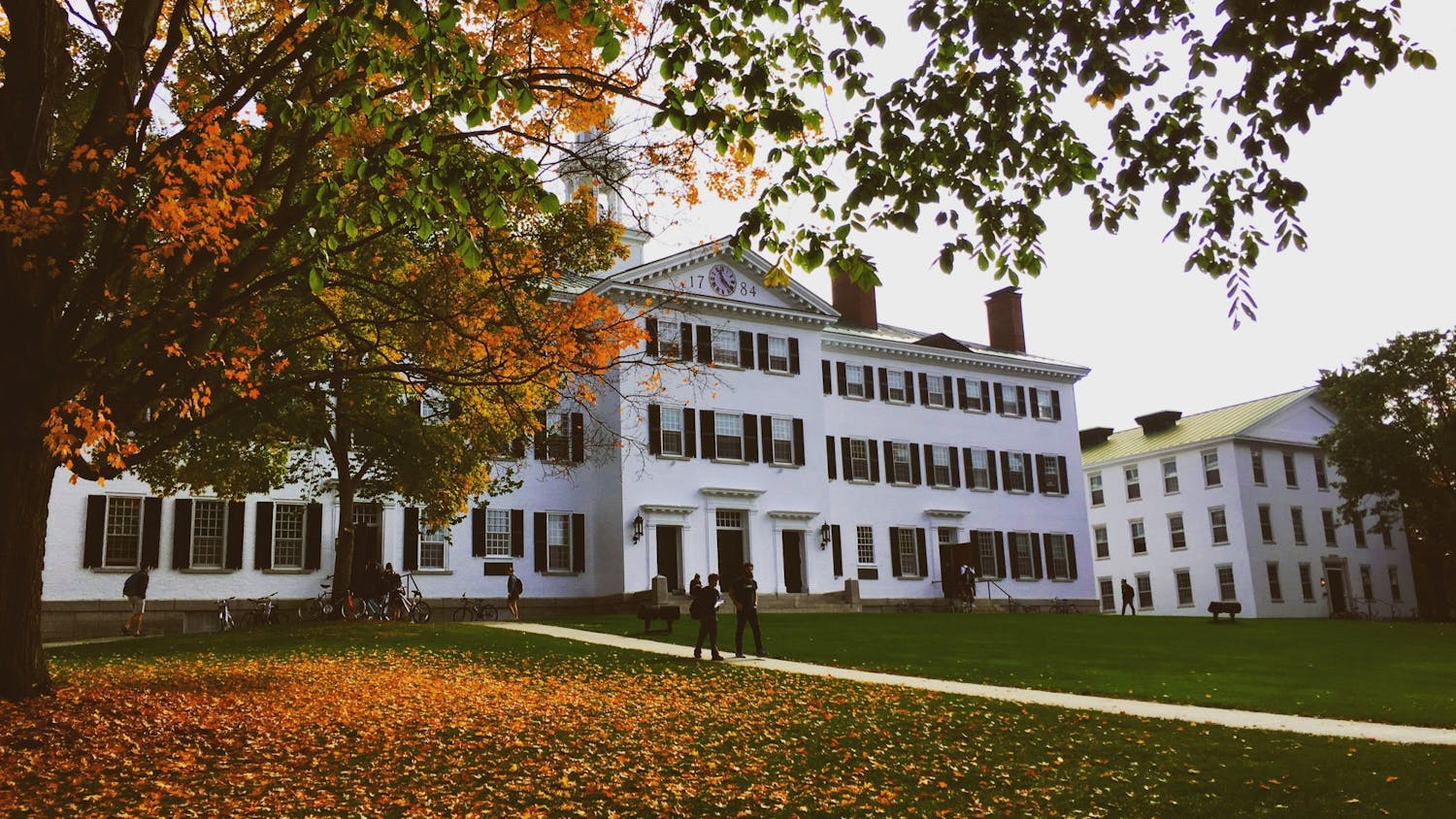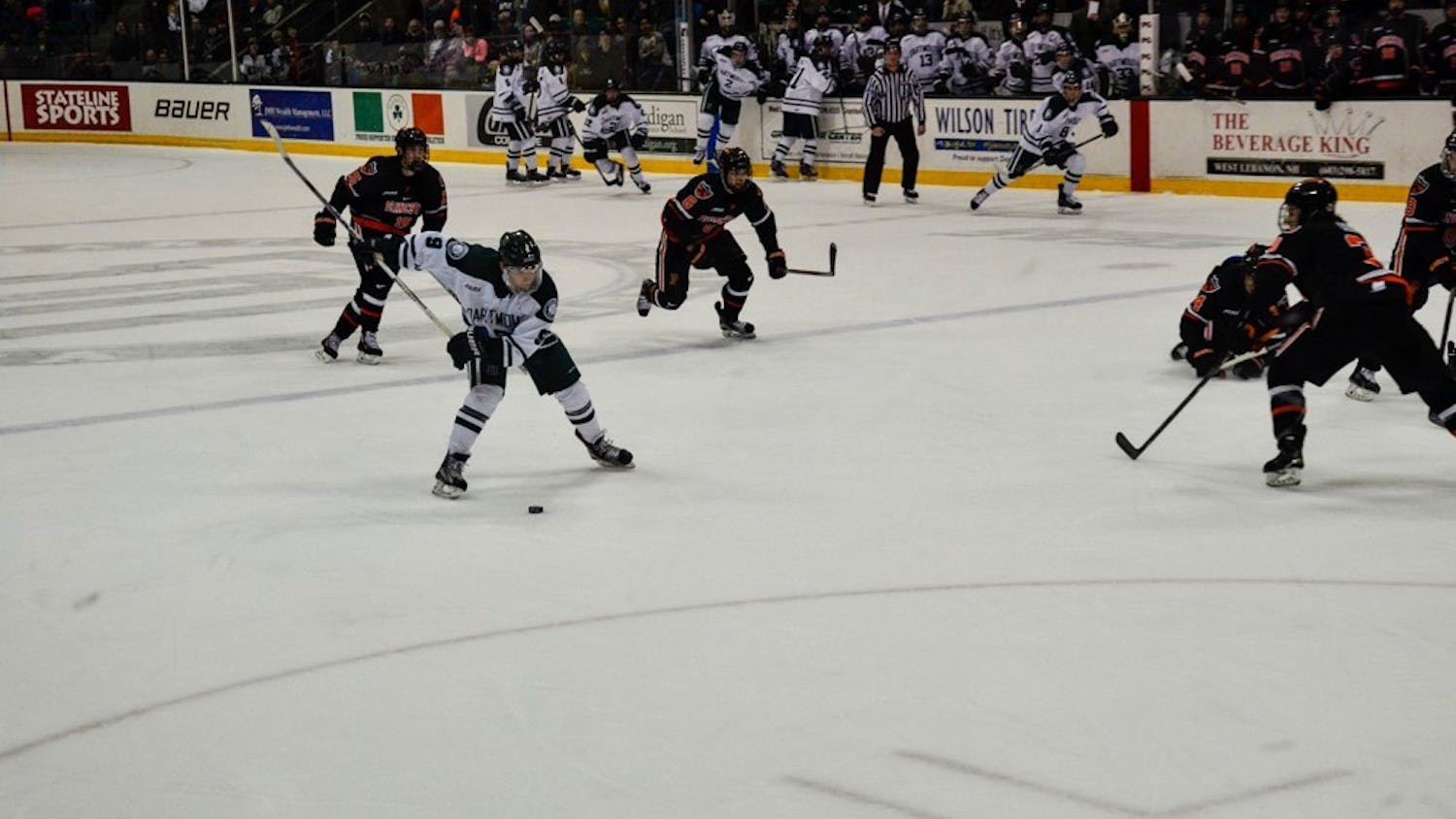Over 10 months after Ivy League athletic competition shut down due to the COVID-19 pandemic, spring-sport athletes now face the possibility of losing a second consecutive season. Although the final decision on spring athletics will be made later this term by the College administration — working alongside the athletics department — the possibility of intercollegiate varsity athletic competition depends on Ivy League conference-wide guidance.
According to COVID-19 task force co-chair Lisa Adams, the decision-making process will incorporate multiple factors, but it will mainly focus on public health concerns. Primarily, the spread of COVID-19 must slow significantly in the coming months for any semblance of a spring season to take place.
According to Adams, the recent emergence of new COVID-19 strains with increased transmissibility will factor into the College’s decision process.
“This virus often seems to be one or two steps ahead of our best science and best public health measures,” Adams said. “It’s a stealthy virus, so that is causing us problems that we hadn’t foreseen.”
Tiffani-Dawn Sykes, Dartmouth’s senior associate athletics director for varsity sports, expects that the spring term will feature a similar phased practice approach as fall and winter but with fewer restrictions. The ability to practice outdoors could allow for larger socially distanced team training or even scrimmages.
“Phase one [will be] much more flexible than it was in the fall term, and I think that is because student-athletes have shown that they're able to operate for us within the community expectations agreement and not transmit the virus,” Sykes said.
Sykes added that while a vaccine rollout would temper the spread of the virus and possibly accelerate a return to normalcy, the rollout’s uncertain timing means that vaccine distribution does not currently factor into decision-making.
Adams echoed this notion.
“I think it's realistic to say that we're not going to have the major benefits from the vaccine by spring term,” Adams said. “Even with accelerated rollout and every best effort at increased production, I think spring term will look a lot like winter term but with much more outdoor time.”
Although the Big Green coaching staff will prepare spring athletes for their upcoming seasons, the final decision on the resumption of intercollegiate competition lies with the Ivy League. A recent memo circulated by the Ivy League offices stated that a full season is unlikely, though a decision has yet to be made on spring competition. The memo stated that the Ivy League would need to see “significant changes in the state of the pandemic before competition becomes feasible.”
Sykes, however, remains hopeful that some form of competition will occur.
“If they made a decision tomorrow, it would be difficult for us to see a path [to] competition,” Sykes said. “The longer they wait, it gives us more opportunity to feel better about our access to competition for the spring term for our spring-sport athletes.”
Adams was less optimistic about the coordination between schools and public health conditions necessary for the Ivy League to allow intercollegiate athletic competition this spring.
“The competition piece is hard because it requires not just what happens on the field or court … but it also involves transportation, lodging and other pieces,” Adams said. “… I think competition, from a health and epidemiological perspective, is just further down the line.”
Women’s tennis coach Bob Dallis said that intercollegiate competition requires the ability for students to freely leave campus and access facilities on other college campuses, a liberty not currently afforded to Dartmouth students who live on campus and locally off campus. As long as the College’s current restrictions on off-campus travel — which limit travel to within students’ states of residence — remain in place, spring competition appears unlikely.
Sykes said that as soon as the Ivy League makes its decision, Dartmouth’s athletic staff will generate a plan for spring term. Unlike the rest of the Ivy League, Dartmouth’s quarter system will allow athletes to know the spring plan before beginning the term, so that they can unenroll for the spring and maintain eligibility should they choose to transfer.
Until the official announcement on spring sports, athletes and coaches will continue preparing in case competition can resume this spring. As in the fall, socially distanced practice workarounds will allow teams to stay ready for competition, whenever it returns.
“[We are] waiting to see what the Ivy League comes up with,” women's lacrosse coach Alex Kirk said. “We want to make sure that we are giving our players every opportunity imaginable … while also staying within the guidelines that Dartmouth sets for our players.”
According to Dallis, the Ivy League has not given much information to teams about what to expect — other than that they should not expect a normal season‚ leaving coaches to speculate. He thinks Ivy League-only competition is the most likely option if there is a season.
Ryan Cashman ’22, a member of the men’s track and field team, said that although he and his teammates will be disappointed if the spring season is canceled, it would not be a huge surprise. Losing last season has prepared the team for another cancellation, he noted.
Additionally, Dartmouth’s school-wide restrictions and the reduced on-campus enrollment prohibit teams from being on campus to practice as a full unit, further minimizing the likelihood of regular intercollegiate competition.




